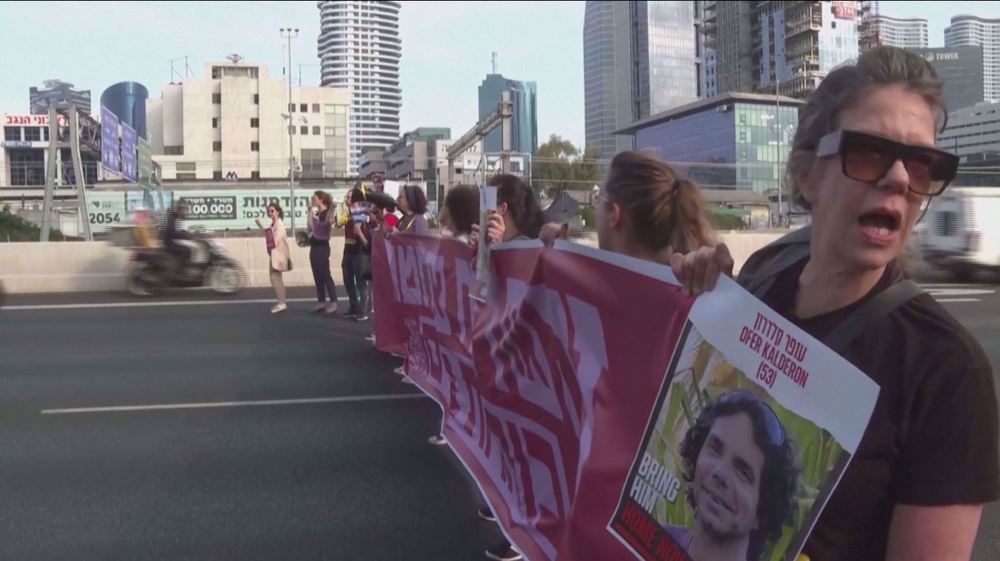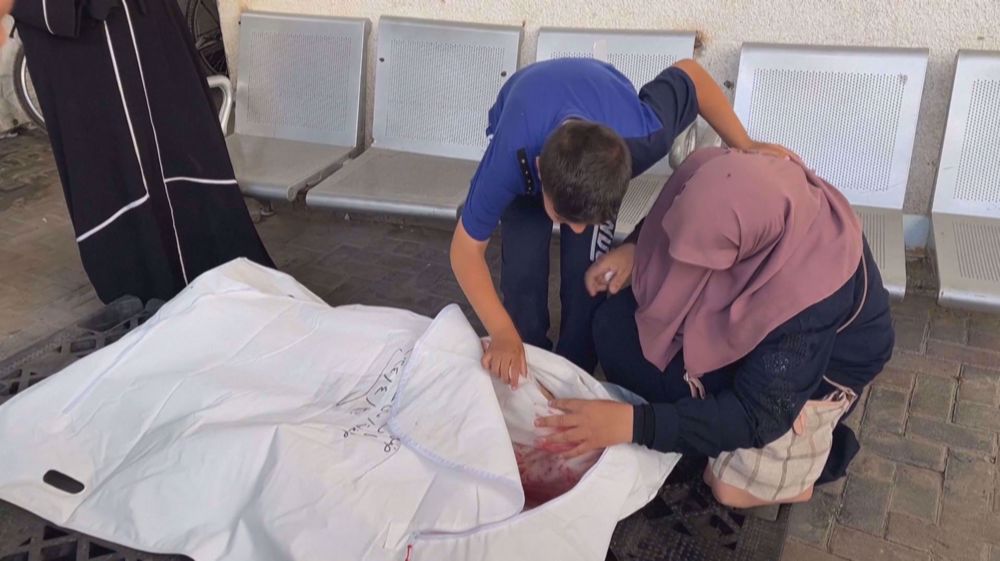Nuclear tourism seeks to energize Fukushima
Seven years after a massive quake triggered a tsunami and nuclear disaster that killed 15,000, Takuto Okamoto and other tour companies are bringing a stream of sightseers to ghost towns circling Japan's stricken Fukushima Daiichi nuclear plant, hoping to revive the region.
As tourists sped past Okuma town -- most parts of which are not habitable -- a handheld geiger counter measured radiation readings as high as 2.5 to 3 microsieverts per hour, around 100 times more than normal background radiation. Okuma town is one of the closest to the Fukushima Daiichi nuclear plant and still remains under the government's evacuation order.
Okamoto, who started his first tour in February, drove a group of Filipino tourists to Tomioka Town, where they took photos in front of a fence that marks the new boundary of the habitable zone, and wandered the empty street of Namie, a town just 4 kilometers north of the plant. The group also visited a cattle ranch that houses some 300 cows said to be affected by the radiation coming from the nearby crippled nuclear-powered plant.
Such close encounters with Fukushima Daiichi were what attracted curious foreign tourists. Louie Ching, a Filipino who paid 23,000 yen ($209.36) for the tour, said he joined the day trip from Tokyo partly for bragging rights.
Students on school trips were another source of visitors to the derelict town of Namie, where residents had begun returning to, after radiation levels subsided last year. The students experienced rice-planting in a local farm and learned about the impact of the disaster on the area.
Okamoto and many of the returning residents see these visitors as a means to revive their mostly deserted towns and villages and allay radiation fears. Some, however, worry it will forever have a negative association for tourists, and draw a line under a disaster that is far from over.
(Source: Reuters)
Prominent Palestinian surgeon tortured, killed in Israeli detention
Gaza rebuilding to take 80 years, damage unseen since WWII: UN
Why are Netanyahu and his US patrons rattled by possible ICC arrest warrants?
Israeli airstrike on Damascus leaves eight Syrian soldiers injured
VIDEO | Iran, China eyeing billion-dollar investment opportunities
VIDEO | IRAN EXPO 2024 connects businesses looking for fresh opportunities
VIDEO | American awakening
VIDEO | In first, Bahraini resistance group strikes Israeli target in Port of Eilat









 This makes it easy to access the Press TV website
This makes it easy to access the Press TV website